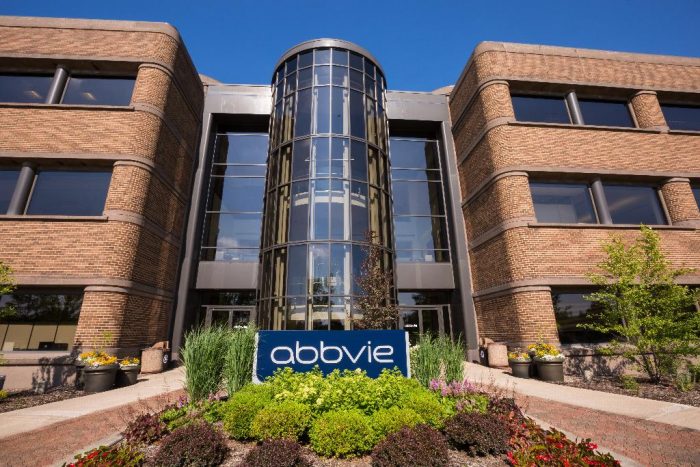
An experimental Alector drug intended to bring the immune system into the fight against Alzheimer’s disease has been dropped from a research alliance with pharmaceutical giant AbbVie.

With the Rise of AI, What IP Disputes in Healthcare Are Likely to Emerge?
Munck Wilson Mandala Partner Greg Howison shared his perspective on some of the legal ramifications around AI, IP, connected devices and the data they generate, in response to emailed questions.
The antibody drug, AL003, had gone as far as Phase 1 testing and South San Francisco-based Alector said in its most recent financial report that it was reviewing the next steps for the experimental therapy. In a regulatory filing late Thursday, the biotech disclosed that AbbVie has decided to terminate that program. AbbVie gave notice on June 30 but the filing gives no further explanation.
With AL003, Alector aimed to treat Alzheimer’s with an approach similar to one that’s been successful in cancer. So-called “checkpoint” proteins on immune cells stop them from recognizing tumors. By blocking these proteins, the class of drugs called checkpoint inhibitors enable immune cells to target and kill cancer cells.
Alector focuses on the immune cells of the brain. AL003 is an antibody designed to target CD33, a receptor expressed on microglia, a type of immune cell of the central nervous system. By blocking this protein, the Alector drug was hoped to enable microglia to go after proteins associated with Alzheimer’s progression. Last November, Alector reported Phase 1 data showing the drug engaged CD33 in the blood and the CNS at doses well tolerated by study participants. No word was given on a selected dose or any plans for Phase 2 testing.
William Blair analyst Myles Minter spoke with Alector executives about the terminated program. In a note sent to investors Friday morning, he said they told him that both Alector and AbbVie concluded that AL003 did not demonstrate enough biological activity to support continued development. But he added that this shortcoming doesn’t doom Alector’s approach to neurodegenerative disease.
“This suggests that issues are related to the molecule, rather than the overall strategy of immune modulation through targeting microglia activation to treat [Alzheimer’s disease] by addressing other targets (including TREM2),” Minter said.
TREM2 is another receptor found on microglia, and Alector is one of several companies targeting it as a way to potentially marshal immune cells into action against neurodegenerative disorders. AL002 is the second Alector drug covered under the alliance with AbbVie, and that TREM2-targeting molecule is currently in Phase 2 testing in patients in early stages of Alzheimer’s. Data are expected in 2023.
Minter said that the discontinuation of AL003 is disappointing, but a “fast fail” early in the program’s development is preferred to a protracted problem. He added that investor focus will stay on Alector’s most advanced programs. In addition to the AbbVie-partnered AL002, the biotech has reached Phase 3 testing with AL001 in patients with frontotemporal dementia. In this disorder, Alector aims to boost levels of progranulin, a protein that regulates immune activity in the brain. AL001 is an antibody that binds to a protein that leads to degradation of progranulin. About a year ago, GSK agreed to pay Alector $700 million up front to share in development of AL001 and AL101, an earlier-stage program with potential applications in Alzheimer’s and Parkinson’s.
Alector’s alliance with AbbVie dates to 2017, when AL003 and AL002 were still preclinical. AbbVie paid $205 million cash and purchased a $20 million equity stake to begin the partnership, which calls for Alector to handle R&D for both programs through the completion of Phase 2 testing. At that point, AbbVie may continue development by paying $250 million to exercise its option for each program. Development costs beyond Phase 2 will be shared by both companies. The partners will also share in commercialization—if a drug reaches the market. The deal put Alector in line for up to $242.8 million in milestone payments for each program.
Photo by AbbVie














